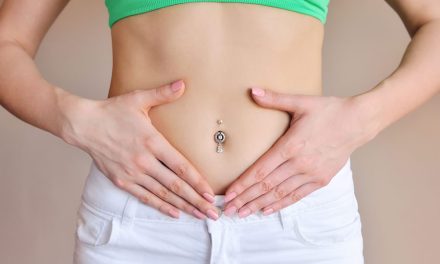A lack of vitamin D—the ‘sunshine vitamin’—seems to play a key part in the development of autism.
Women who are given vitamin D supplements during the first trimester of their pregnancy are far less likely to have a child who has the condition, say researchers.
The vitamin seems to be essential for healthy brain development when the baby is in the womb, say researchers from the University of Queensland.
They recently discovered that women who are deficient in the vitamin have a much greater chance of having a child with autism, and in new studies with laboratory mice they have found that supplementing with the vitamin also reduces the risk.
In the new study, mice had all the typical characteristics of autism—lack of social interaction, inability to learn, for instance—if their mothers had been deficient in the vitamin. But none of the mice developed the traits when their mothers had vitamin supplements in their equivalent of the first trimester of the pregnancy.
Although sun exposure is the best source of vitamin D, people living in northern countries during the winter are probably going to be depleted unless they take supplements.
Pregnant women need to be careful about the type of vitamin D they take, however: the active hormonal form can affect the development of the skeleton in the fetus, the researchers warn.
(Source: Molecular Autism, 2017; 8: doi: 10.1186/s13229-017-0125-0)
Original Source: www.wddty.com





